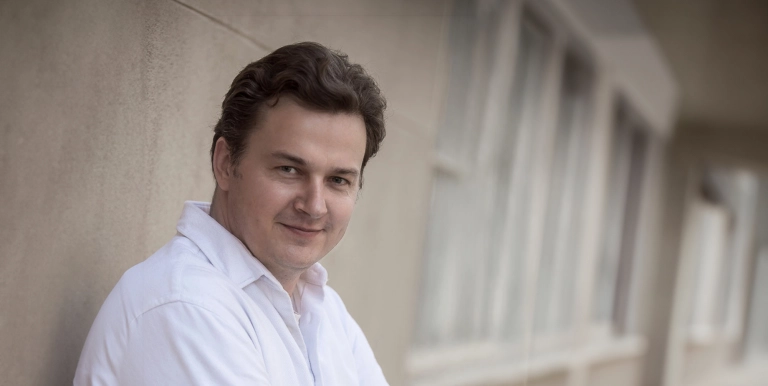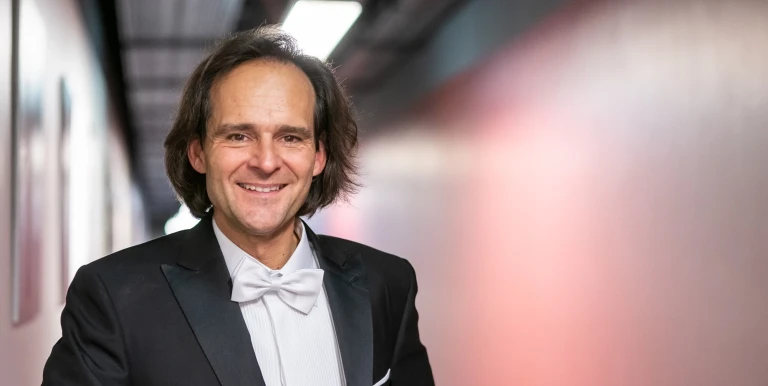one interval
Conductor:
Featuring:
Pergolesi
Stabat Mater, 1736 - Vienna version: arrangement by Eybler, Seyfried and Nicolai
Haydn
Stabat Mater, Hob. XXa:1
Giovanni Battista Pergolesi completed his Stabat Mater, one of the most important works of church music of the 18th century, in 1736, just a few weeks before his untimely death at the age of 26. An indication of its popularity lies in the countless revisions made of the composition by a number of other composers (including one by Bach dating from around 1745). In 1790s Vienna, Mozart’s former student Joseph von Eybler rewrote the score, which was originally written only for soprano and alto soloists and strings, into one for four parts – meaning for four vocal soloists and a four-part choir – and at the same time significantly increased the size of the orchestra. Further changes to the arrangement were made by Ignaz Ritter von Seyfried and, a few decades later, by Otto Nicolai. Thus was born this extraordinary version, which will receive its second-ever Hungarian airing at our performance tonight.
It was sometime in the 1750s, presumably in Vienna, that Joseph Haydn first encountered Pergolesi’s Stabat Mater, an experience whose great impact remained with him his entire life: inspiration from the score can be detected in almost every passage – not only vocal ones, but in his symphonic oeuvre as well – that Haydn wrote in the key of F minor. When he wrote his own Stabat Mater in 1767, it was primarily Pergolesi’s work that served as his model. Haydn’s opus even elicited a letter of praise from Johann Adolph Hasse, a source of pride for Haydn for the rest of his life. At the same time, the Stabat Mater was one of the compositions of Haydn’s that established their composer’s reputation across Europe, primarily after being performed in Paris.
Our programme is entitled ‘Les deux Stabats’: this was how the Parisian church concerts where Pergolesi’s and Haydn’s Stabat Maters were performed on successive evenings were advertised in the 1780s. The popularity of these concerts at the time was quite extraordinary, and although the presenters did their best to find more ‘contemporary’ Stabat Maters that could be included in this programme, only Haydn's work has proved able to maintain its popularity for such a long time, alongside the brilliant Pergolesi, born 41 years before it. Our objective for this programme is to evoke in the Béla Bartók National Concert Hall the memory and atmosphere of these Parisian concerts of the last decade before the French Revolution.
Presented by: Hungarian National Philharmonic
-
We wish to inform you that in the event that Müpa Budapest's underground garage and outdoor car park are operating at full capacity, it is advisable to plan for increased waiting times when you arrive. In order to avoid this, we recommend that you depart for our events in time, so that you you can find the ideal parking spot quickly and smoothly and arrive for our performance in comfort. The Müpa Budapest underground garage gates will be operated by an automatic number plate recognition system. Parking is free of charge for visitors with tickets to any of our paid performances on that given day. The detailed parking policy of Müpa Budapest is available here.












